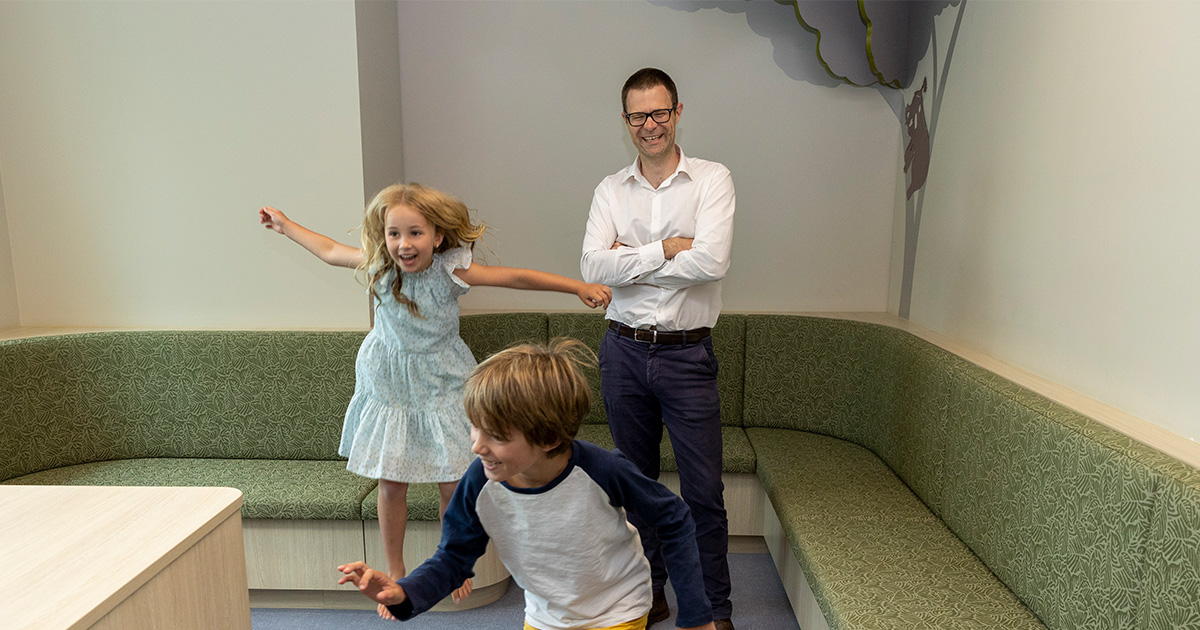
The Kids Research Institute Australia's Professor Andrew Whitehouse and Sarah Pillar share four things families can do to support their child while waiting to receive an ADHD or autism diagnostic assessment.
Continue to seek out support services
Ms Pillar recommends visiting your local GP to get a referral to public or private therapy services.
“While a diagnosis may help a child access support services, parents are still able to access services without a diagnosis,” Ms Pillar said.
“However, private therapy may involve out-of-pocket expenses, which can create inequity in service access.”
Gather information
Professor Whitehouse said ADHD and autism diagnoses are based on the observation of certain behaviours – not just things a child finds difficult, but also their strengths.
This includes the child’s special interests, repetitive activities, social interactions, emotional regulation, sensory preferences and how they communicate.
“A clinician will be able to observe some of these behaviours in their assessment, but they rely on information from parents about how their child behaves or interacts in different situations,” he said.
Build connections
Ms Pillar said all children benefited from having frequent, meaningful time set aside to connect with their parents.
She said parents might focus on slowing down, following their child’s special interests and trying a variety of communication strategies (words, gestures or pictures) to support their child’s communication.
“A key part of all early supports is nurturing the connection parents have with their child,” Ms Pillar said.
Prioritise wellbeing
Professor Whitehouse said parents often neglect their own need for support while focusing on seeking support for their child.
While waiting for a diagnosis, parents should start to plan how they are also going to get the support they need, he said.
“Parents are the most important person in a child’s life, and parental capacity and wellbeing can have a significant influence on their child’s outcomes,” Professor Whitehouse said.
Be the first to hear about the latest The Kids research and news. Sign up to our newsletter here: https://www.telethonkids.org.au/contact-us/sign-up/
